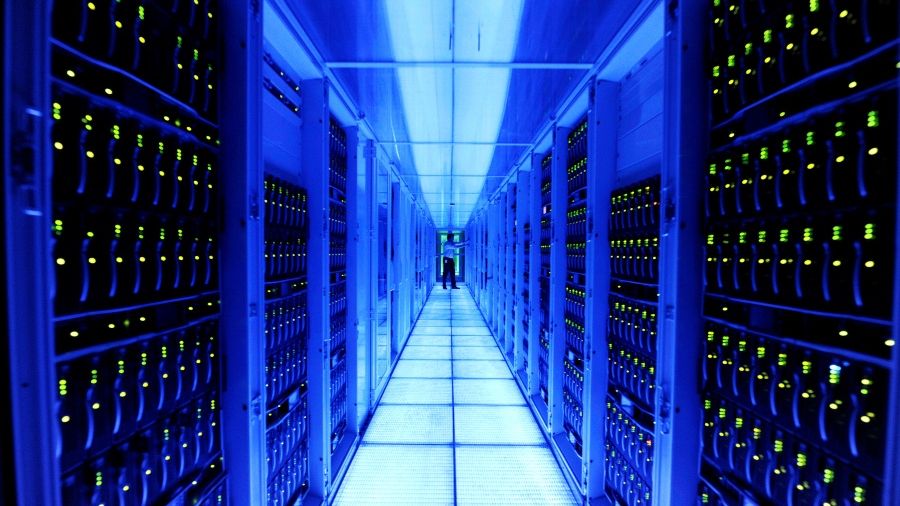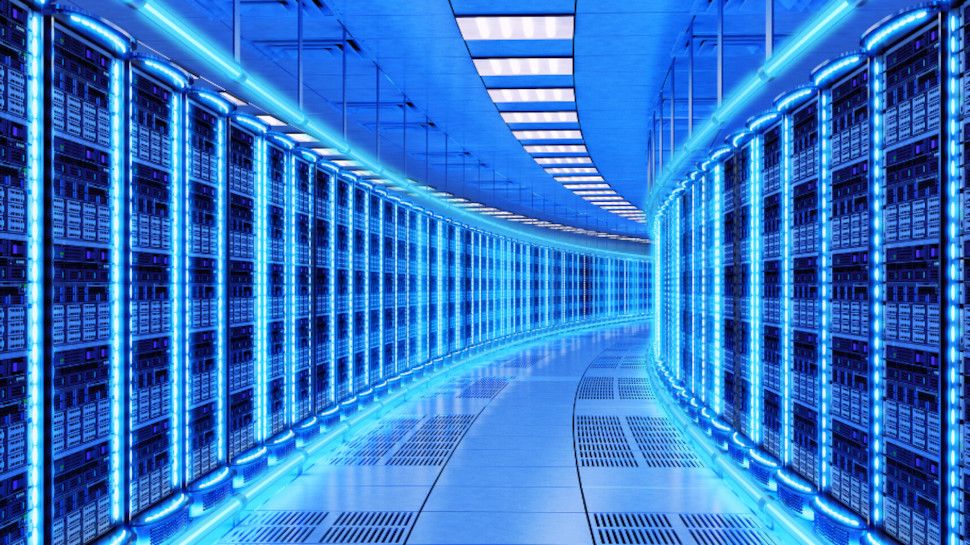[ad_1]
Solid state drives (SSDs) could drive traditional hard disk drives (HDDs) to the brink of extinction in the data center as early as 2025, Huawei predicts.
Speaking to TechRadar Pro in Barcelona ahead of MWC 2022, the company’s VP of Data Storage, Fupeng Zhang, explained that the falling price and superior performance of flash storage are squeezing HDDs from the market.
Zhang says the process will be a gradual one, but anticipates that SSDs will account for as much as 80% of non-archival data center storage by 2025, up from roughly 30% today.
The all-flash data center
As Zhang explains, there are three main storage attributes that enterprises and cloud providers are striving to optimize: capacity, reliability and performance.
The mix of storage hardware required depends entirely on the specific use case. In some instances, capacity and reliability might be the most important factor (e.g. archival storage). But in other scenarios, performance might be the chief concern.
Although mechanical hard drives deliver on the capacity front, they lag significantly behind flash storage when it comes to performance, which is crucial for enabling the kinds of bleeding edge use cases that will also take advantage of technologies such as 5G and AI. “Without proper performance, capacity means nothing,” Zhang noted.
As such, Huawei believes that data centers will steadily migrate to an all-flash model, particular as the cost of flash storage falls. The company’s current focus is on helping businesses to manage this transition in a way that is not disruptive to operations.
“The all-flash data center is a vision for the future,” explained Zhang. “We believe we should build systems with an all-flash mindset, but with backwards compatibility.”
“By 2025, the cheapest flash storage may be 2.5 times more expensive than the cheapest hard drives, but it could also allow for 2.5 times greater compression, so the cost will balance out.”
Even in the context of backup storage, Zhang believes the days of the HDD are numbered. Once the transition to the all-flash data center is complete, the need to restore data rapidly after a cyberattack or data loss incident will necessitate a shift to flash-based backup as well.
Data overload
As the volume of data produced by internet activity, digital devices and IoT sensors continues to expand at an aggressive rate, businesses are running out of time to solve a critical problem: where to put it all.
According to a recent IDC report, the quantity of data created within the next five years will be greater than double the amount generated since digital storage came into use.
Although only a small percentage of the 64.2 ZB (68.9 billion TB) created in 2020 was stored for the long term (the rest was either overwritten or temporarily cached), global data storage needs are still outpacing the expansion of total capacity. As Zhang puts it, “supply of capacity is decoupling from demand”.
Asked whether he believes that innovation in the storage sector will be sufficient for total available capacity to keep pace with demand in the years to come, Zhang suggested he is optimistic.
He says research into DNA storage and other emerging technologies shows promise, at least on the archival storage front, and that innovations on the software side will allow for greater compression, and therefore greater storage density.
“Data is no longer just information, it’s an asset – the oil of the digital era. Technologies like 5G, cloud and edge computing are the tools, the data is the fuel, and the storage medium is the fuel tank that guarantees the supply,” said Zhang.
“We are improving on the storage media, networking and compute performance front; with these three improvements, capacity will meet the need.”
MWC (Mobile World Congress) is the world's largest showcase for the mobile industry, stuffed full of the newest phones, tablets, wearables and more. TechRadar is reporting on the show all week. Follow our MWC 2022 live blog for the very latest news as it happens and visit our dedicated MWC 2022 hub for a round-up of the biggest announcements.
- Also check out our lists of the best cloud storage and best cloud backup services
Disclaimer: Our flights and accommodation for MWC 2022 were funded by Huawei, but the organization had no editorial control over the content of this article.
[ad_2]
Source link





